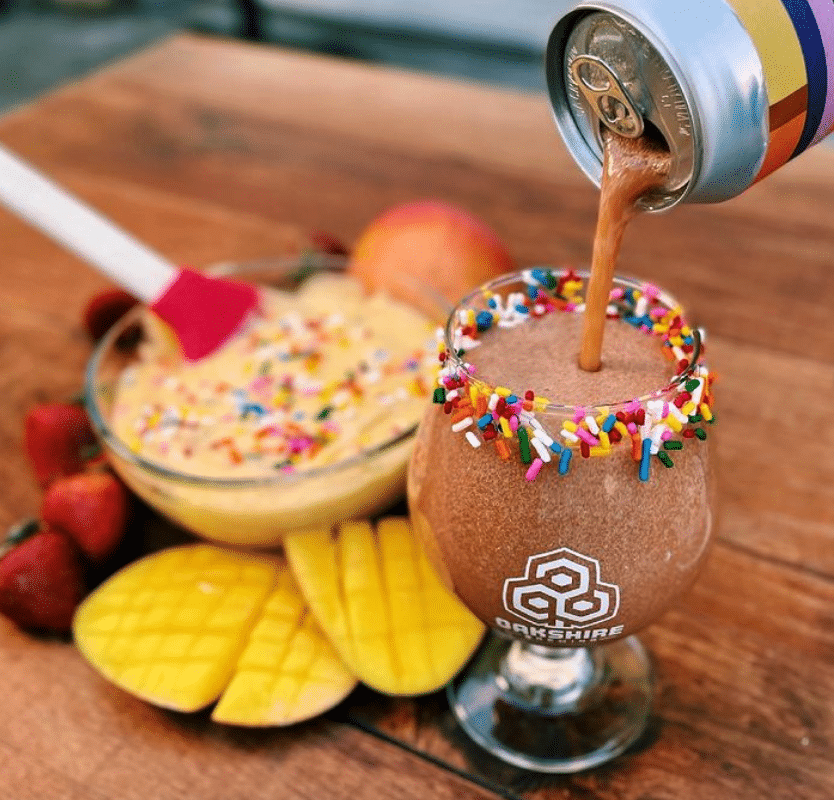A new epicurean-influenced beer style called the ‘smoothie sour’ has started trending in the US and has been predicted to expand more broadly.
The trend, which is the continuation of an arc that began about a decade ago when goses and kettle sours grew in popularity alongside fruit-infused beers, reportedly draws on the addition of culinary ingredients to make beers that have as much bite as they do body.
According to The Manual, the sub-category has grown in popularity because consumers have started to appreciate, and no longer fear, the different kinds of flavours found in hazy beer and unfiltered natural wine without being put off by drinks having a cloudy appearance.
Decker Brewing offers a range from pineapple, guava, and passionfruit to a sour that is designed to taste like a peanut butter and jelly sandwich and suggests it’s beers offer as much l texture as they do flavour. The Fargo-based brewer’s coconut key lime pie beer – a blend of lime, coconut, banana, granola, lactose, cream cheese, and vanilla – is also being heralded as an example of how natural fruits, classic desserts and waves of nostalgia have collided at a time, globally, when people have been looking for ways to feel safe, homely and comforted, and are contributing to the beer style’s growing appeal.
Oakshire Brewing’s director of brewing operations Dan Russo said: “I think it all has to do with the culinary aspect of the beers and the desire to use real ingredients to create flavours that are genuine and noticeable as such, as opposed to using flavourings.”
Indeed, fans of the beer are growing increasingly excited by the variants that are a riff on the origins of home-baking. One such beer from Oakshire, which recreates the taste of birthday cake, has been heralded as “delicious”.
Russo explained: “I think that chase and drive to create those experiences are the most intriguing part of the style and why we make them.”
The smoothie sour is made by fermenting at a high gravity, which means the challenge for brewers is that, with more acidity, making them can be tough on yeast. As such, the creation of the smoothie sour is becoming both a balancing act and a noted form of brewing artistry.
Added to the obstacles, because the style is new, there’s no reference point or historical guidance online and so breweries have taken inspiration from their palates, memories and childhoods. Owing largely to this, the style is growing to become in many ways, a nod to the maverick nature of the beginnings of the craft beer revolution when experimentation led the way.
Russo reminded: “There are no instructions. You end up going through some trial and error,” but added: “it’s definitely always a wild ride” and “once you get it right, then the next time you go to do it it ends up being a piece of cake — sometimes literally.”
Russo and his team pasteurise all their smoothie sours to avoid issues like exploding cans and highlighted how, in its infancy, the beer style is still “very polarising” but reminded that with every innovation this can happen.
“It’s taking the expectations and direction of beer in completely new ways,” he added.
The smoothie sour trend is now being eyed by retailers who are looking at breweries including: like Oakshire, Drekker, Turning Point, Evil Twin and Burley Oak who are spearheading the trend.


